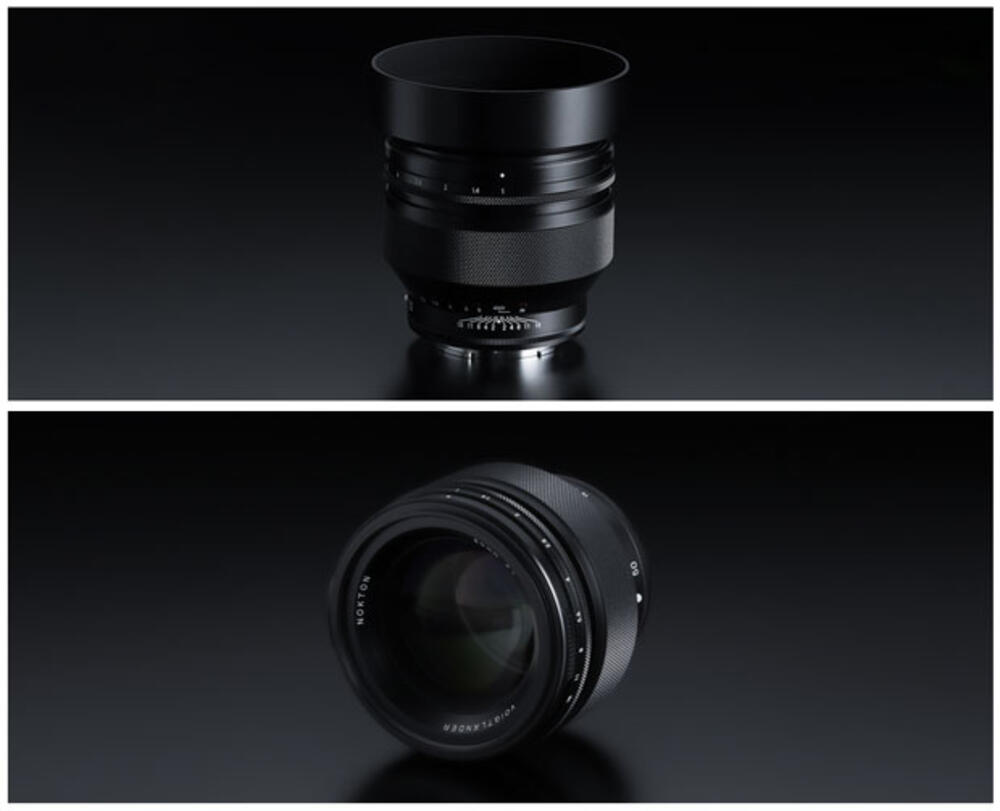Cosina announced a new Voigtlander NOKTON 50mm f/1 Aspherical lens for Sony E-mount. The new lens is scheduled to be released in March 2024.
Equipped with an electronic contact, the usage status of the lens is reflected in the Exif information of the shooting data. Also, since it has a built-in distance encoder, it supports 5-axis image stabilization on the camera body side. It is also possible to enlarge the viewfinder by operating the focus ring.
The same design already exists for Leica M-mount, and Nikon Z-mount and was recently announced also for Canon RF mount (price: $1,800). Pre-orders should be open soon at Amazon and B&H Photo.
See all Voightlander lenses.
Optimized optical design
In addition to ensuring a full-size image circle, it uses an optical design optimized for Sony E-mount sensors. High resolution is maintained right up to the edges of the screen, and phenomena such as color cast are suppressed.
Adopts GA (ground aspherical) lens
The first lens surface uses a GA (ground aspherical) lens produced in-house. It is now possible to simplify the lens configuration while ensuring high performance, and despite the ultra-large aperture, it achieves both high-level image quality and a sleek style.
Equipped with floating mechanism
By adopting a floating mechanism that moves the lens groups independently according to the shooting position, stable image quality is ensured from the shortest shooting distance (0.45m) to distant motifs.
Beautiful bokeh created by 12 aperture blades
In order to make the hole formed by the aperture blades more circular, a 12-element aperture is used. Out-of-focus areas are rendered naturally, and point light sources are not polygonal, but have round, soft bokeh.
Manual focus allows for reliable focusing
The use of an all-metal helicoid unit that has been machined and adjusted with high precision and high-quality grease that produces an appropriate amount of torque provides focusing with a smooth operating feel. This allows for delicate focus adjustments.
Aperture click switching mechanism
The aperture click switching mechanism allows the aperture ring to be opened and closed steplessly without producing any click noise. This eliminates the need to worry about picking up the operation sound of the aperture ring when recording videos, and also allows for severe depth control by finely adjusting the aperture ring.

